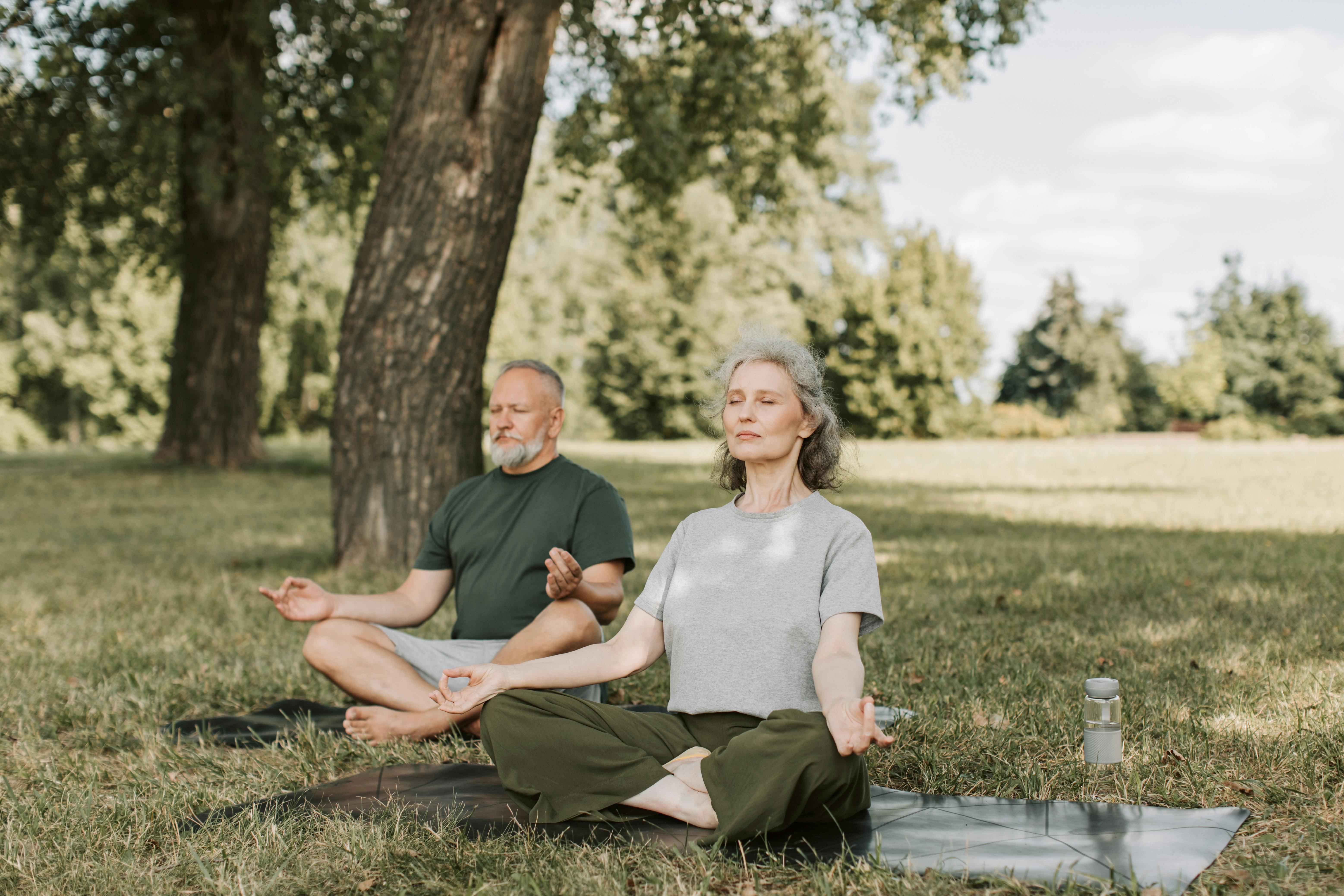The Emergence of Slow Living Culture: A Societal Shift Towards Mindfulness
The fast-paced hustle and bustle of daily life often leaves us feeling overwhelmed and disconnected. In response, a new societal trend has emerged: slow living culture. This movement, which places an emphasis on mindfulness and deliberate living, has been steadily gaining traction around the world. Read below to delve deeper into the implications of this cultural shift and discover how it is reshaping modern society.

Unwinding the Clock: The Historical Context of Slow Living
Before exploring the implications of slow living culture, it’s essential to understand its historical roots. The concept of slow living emerged in the late 1980s as a response to the perceived acceleration of modern life. With the rise of technology and globalization, people found themselves living in a relentless cycle of productivity and consumption. This led to increasing levels of stress, burnout, and disconnection from nature and community.
The slow living movement was born out of this dissatisfaction with the fast-paced modern lifestyle. It encouraged people to slow down, savor each moment, and prioritize quality over quantity. This philosophy has its roots in the Slow Food movement, which started in Italy as a protest against the spread of fast food chains. Over time, the principles of slow living have expanded beyond food to encompass all aspects of life.
The Spread of Slow: Current Trends in Slow Living Culture
Nowadays, slow living culture is becoming more mainstream. From minimalist home designs to slow fashion and slow travel, the influence of this movement is evident in various aspects of society.
The slow living movement has been catalyzed by growing societal awareness about mental health and the importance of work-life balance. Many people are now prioritizing their well-being over relentless productivity, leading to a shift towards slower, more mindful living.
The COVID-19 pandemic has further accelerated this trend. With lockdowns and restrictions forcing people to stay at home, many have had the chance to slow down and reflect on their lifestyle choices. This has led to a renewed appreciation for simple pleasures and an increased interest in sustainable living.
The Ripple Effect: Implications of Slow Living Culture
The slow living culture has significant implications for society. It challenges the dominant narrative of constant growth and productivity, encouraging individuals to live more sustainably and mindfully.
This shift towards slow living has also led to changes in consumer behavior. People are increasingly seeking out ethical and sustainable products, leading businesses to adapt their practices accordingly. This has spurred growth in sectors like organic farming, sustainable fashion, and eco-tourism.
Moreover, slow living culture encourages stronger community ties. By emphasizing the importance of local produce and crafts, it fosters a sense of community and connection that is often lacking in our globalized world.
The Future of Slow: How Slow Living is Shaping Society
The slow living movement represents a fundamental shift in societal values. It encourages us to redefine success, prioritize well-being, and live more sustainably. As this movement continues to grow, we can expect to see a more mindful, connected, and sustainable society emerge.
In summary, slow living culture is more than just a trend. It is a societal shift that is reshaping our relationship with time, work, and the world around us. By embracing slow living, we can create a more balanced, mindful, and sustainable society.




